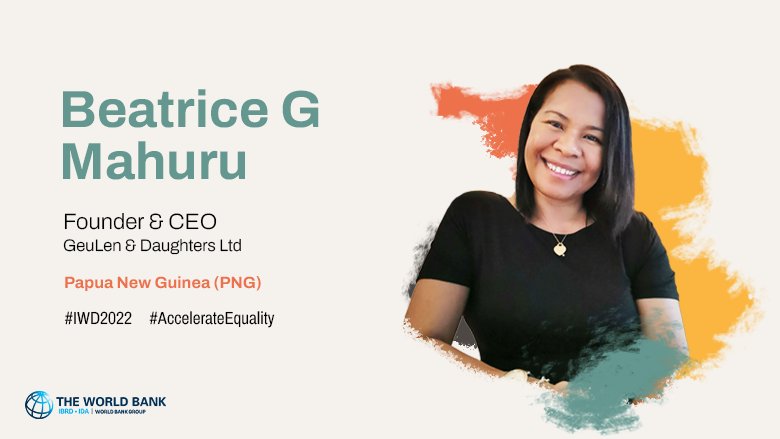What inspired you to enter business and philanthropy?
A conversation I had with my father when I was a child has been my guidepost since entering philanthropy. I was the only child from our extended family who attended an international school, and my cousins attended a public school where there was no shade and no playground. It made me sad, and my father said, "Well, one day sweetheart, when you become Prime Minister or when you become really, really rich then you can bring that change into that school".
Back then I didn't really think about it, but then I became a mum at the age of 22, and I pursued my career as if my life depended on it. I didn’t want my child to have less than I had growing up. I met John Mangos, former CEO of Digicel, and he offered me the role of running the
Digicel Foundation. I absolutely loved it. So, my motivation became my inspiration. My motivation to grow my own wealth became one where I was inspired to grow the wealth of others. I've not looked back since. I want to try and be the change for our people here in PNG.
How would you describe yourself?
I like to challenge the status quo. I'm not satisfied with what we currently have. I want women to be able to reach the stars. And once they reach the stars, reach back and take another queen up with them.
What is the role of business in creating positive change?
Business plays such an important role. If there's a will for the business to have a greater social impact, like Digicel had, they can move mountains. Government moves slowly compared to business. Once businesses make a decision, it's very quick to turn policy into action.
You have worked across a variety of different spaces, from the University of PNG to being the former CEO for the Digicel Foundation. How have you navigated leading different communities and wearing different hats?
I put it down to connections. People-to-people connections are so important. And when you connect at that very personal level, you then understand the need and you go in with an open mind to address that need. I've left workplaces as a better person because we've been able to bridge those connections.
What do you think needs to be done to ensure more women end up in leadership positions in PNG?
I feel very strongly that women can stand up for each other. When one woman puts their hand up for a leadership position we can create change because we represent 50% of that population. Even though we are still very much culturally bound, women need to be able to speak out more. It makes us no less female. People think that the traditional space of females is to be quiet and behind their spouses or their fathers. Well, in the village, I am my father's daughter, and I will speak when I'm asked to speak. But in the corporate space, I am equal to any gentleman sitting around that table and I will debate my considerations until they are met. It's a fight that we take up because we believe in it and the change that it's going to make.
Do you have any advice for Pacific women?
Leadership is not a birthright. It's not a gender position. It's a rite of passage, qualified by fighting for what is right for our people. Let the world call us aggressive. Let our Pacific brothers call us aggressive and loud if they like. This is where change begins. Our generation needs to create an environment where women’s voices aren’t an exception but the norm. I want this generation of Pacific Islander women to say, "Enough. We want to write a new narrative for our daughters”. I have six daughters. I feel if I don't do it for my daughters who will? Who's going to put their hand up but me?
**The views expressed in this interview do not necessarily represent the views of the World Bank Group.



